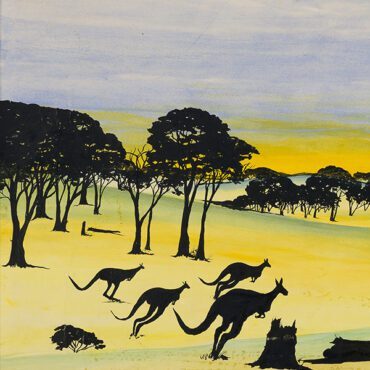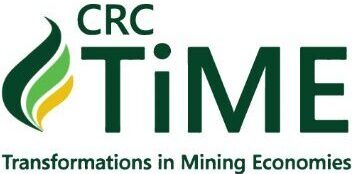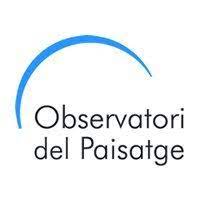First Nations people
Increasing clean energy interest in First Nations Countries requires prioritising cultural safety, security and proficiency. If managed sensitively and respectfully, the energy transition offers a chance to bring meaningful outcomes for First Nations Peoples and revitalise their future.
First Nations’ Country is not simply an energy asset – rather, it embodies a complex system of interconnected relationships between People and Country, forming a cohesive BioCultural whole. Each Country contains a rich blend of natural, cultural, human, social, political, financial, and built systems, all of which are crucial for First Nations Communities’ self-determination and sustainable livelihoods, and to inform energy project developments.
Areas of focus
- Cultural landscapes and energy transition
- BioCultural systems, heritage and biodiversity conservation
- Community engagement and collaborative project design
- Indigenous Traditional Knowledge and asset use
- Community development and sustainability
- United Nations Sustainable Development Goals (SDGs)
Impact and outcomes
- Contribution to First Nations Communities to document BioCultural systems, visions and aspirations and create a valuable framework to inform energy developments
- Development of genuine co-designed research projects that can deliver concrete effective outcomes to First Nations Communities
- Contribution to Australian State and Federal Governments to design Clean Energy Policies that incorporate First Nations demands
- Development of the Indigenous Energy Landscapes Research Network involving domestic and international organisations
Documents
Ongoing projects
Research groups, facilities and centres

ARC Training Centre for Healing Country
Unlocking opportunities in the restoration of Country for and by Indigenous Australians

Centre for Aboriginal Studies
The Centre for Aboriginal Studies contributes to Indigenous knowledge in the areas of Indigenous education, health and community management which focus on developing practical solutions to contemporary issues faced by Aboriginal Australians.
Collaborations and partnerships

CRC TiME
Part of the Australian Government’s flagship Cooperative Research Centre Program, CRC TiME (Transformation in Mining Economies) is the world’s only research organisation dedicated to examining and helping transform what happens – economically, socially, culturally and environmentally – after mining ends for the better.
UNESCO Chair on Intermediate Cities
More information here
Landscape Observatory of Catalonia
The Landscape Observatory of Catalonia was set up under the European Landscape Convention, which informs developments in Europe. This partnership focuses on a research collaboration to create new energy landscapes built upon place-based solutions, local people and sustainability principles.
More about the Observatory